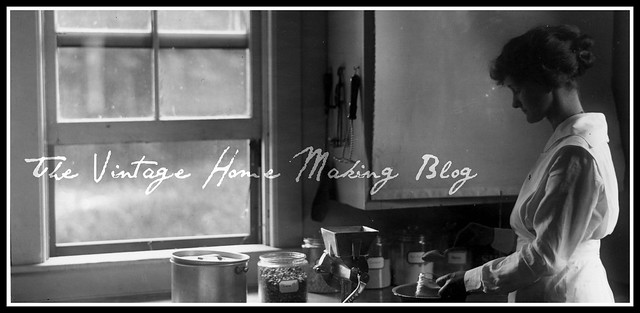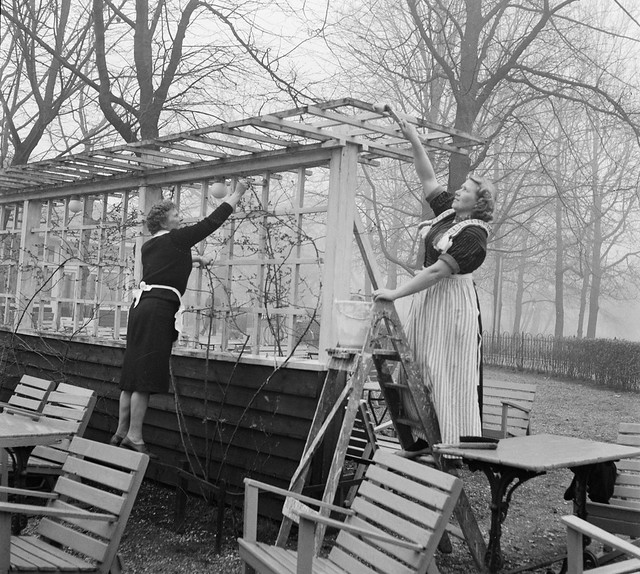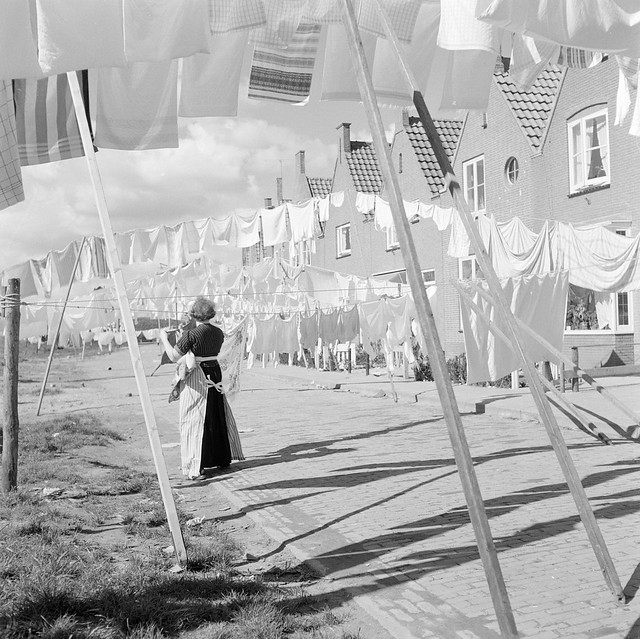Meal Planning - Part 1: Why should I?
If you googled "meal planning" you would get a plethora of different hits, hints and maybe helpful suggestions. You'd see things like Once a Month Cooking, How to plan a perfect Holiday Meal, menu services where you pay someone to send you what you will eat for the week or month, and so on. If you went to the cookbook aisle of a bookstore you'd see books that touted meals in thirty minutes, recipes for working women, books explaining how to make everything in a microwave and other time saving recipes.
I love the idea of saving time when cooking. I work long days and when I come home one of the very last things I want to do is make an elaborate three course meal complete with wine pairings. I also know that a lot of women that I know feel bullied by the media, social pressures, and perfectionism so they try to make the perfect meal, spend hours doing it only to be left with the dishes, and give up.
I know, however, that food is often the center of a family and cooking for my family is worth the investment of time in it. I cook around 7 days a week most weeks. I estimate that it takes me thirty minutes to an hour to make each meal and do the cleanup involved. That seven hours over the course of the week is worth the time put into it because I know I'm helping to keep my family healthy by bringing things that are balanced and made from fresh foods to the table.
It's a well known fact that people who cook at home are generally healthier than people who eat out frequently. The ability to control what goes into your body is limited in most restaurants. If you cook at home you can cut the amount of oils in half or use healthier ones. You can include whatever fresh veggies you have and cook them to perfection. You can control portion size, and you can set part of it aside for tomorrows healthy lunch too! Cooking at home generally forces you to think about what you're making and why and how you're making it. You tend to eat seasonally because that's what is in the stores at that time!
Having family meals creates a strong family. The body of research on this topic is vast and a quick google search brings up article upon article about the social benefits of having family dinners. Families who eat dinner together have children who are 42 percent less likely to drink, 50 percent less likely to smoke and the children are less obese than their peers who do not have family dinners. Not only that...you get to know your family better! We have long days but creating a center where you can just talk and discuss what is going on helps keep you in the loop about how the people in your family are doing, what they are up to, and what they are looking forward to!
Meal planning is the avenue to get to all those family dinner benefits. There's no perfect formula for meal planning. Right now I plan my meals once a week and I grocery shop once a week. When I lived with an urban farmer who was constantly bringing produce home we grocery shopped once a month and meal planned when she brought things home. When I lived way out in the country side we shopped twice a month because the trip into town took too long. The most important thing about meal planning was that every day when I got home from work I could look at the fridge, read whatever was listed as the meal for that day, and be confident the ingredients were tucked away somewhere in the kitchen for me to use. Meal planning makes cooking easier than it ever was before.
Meal planning saves you money. We spend $100.00 a week on groceries for a family of two. We would spend $100.00 for just two or three meals out. The math is easy - cooking at home saves you money!
Good resources for adventuring into family dinners and the reasons to cook at home:




